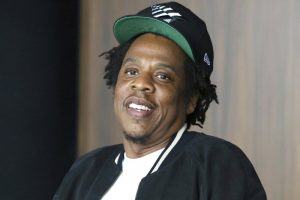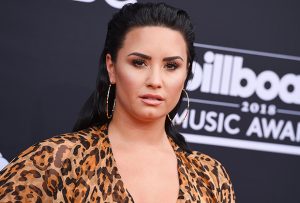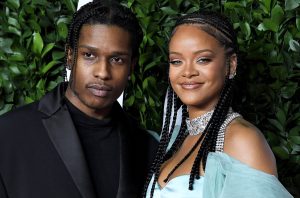The prospect of a jury trial will be an unwelcome one for Sheeran. Copyright lawyers have often argued that juries have difficulty understanding the complexities of copyright law, and why superficial similarities between two songs are not necessarily proof of plagiarism.
In his order, Judge Stanton also ruled that jurors must decide whether SAS can include concert revenue in damages, rejecting Sheeran’s argument that ticket sales weren’t tied to the alleged infringement.
Sheeran’s 2014-2015 tour earned $150m (£135m), according to music industry trade publication Pollstar.
His lawyers did not comment on the judge’s ruling. A lawyer for Structured Asset Sales, Hillel Parness, told Reuters the company was “pleased” with the ruling.
This is not the only trial Sheeran is facing over Thinking Out Loud, which went to number one in the UK in 2014 and won song of the year at the Grammy Awards in 2016.
SAS has filed a second case, which is currently on pause, while a separate suit by another portion of Townsend’s estate is awaiting trial.
‘Coincidence is bound to happen’
At the Shape of You a trial in March, the singer and his co-writers John McDaid and Steven McCutcheon faced accusations that a hook on their track ripped off Oh Why, a 2015 song by Sami Chokri and Ross O’Donoghue.
However, a High Court judge concluded they had “neither deliberately nor subconsciously” plagiarised the earlier song, and awarded the star and his co-defendants £900,000 in costs.
Afterwards, Sheeran declared on Instagram: “I hope that this ruling means in the future baseless claims like this can be avoided. This really does have to end.”
He added: “It’s really damaging to the songwriting industry. There’s only so many notes and very few chords used in pop music. Coincidence is bound to happen if 60,000 songs are being released every day on Spotify. That’s 22 million songs a year, and there’s only 12 notes that are available.”







